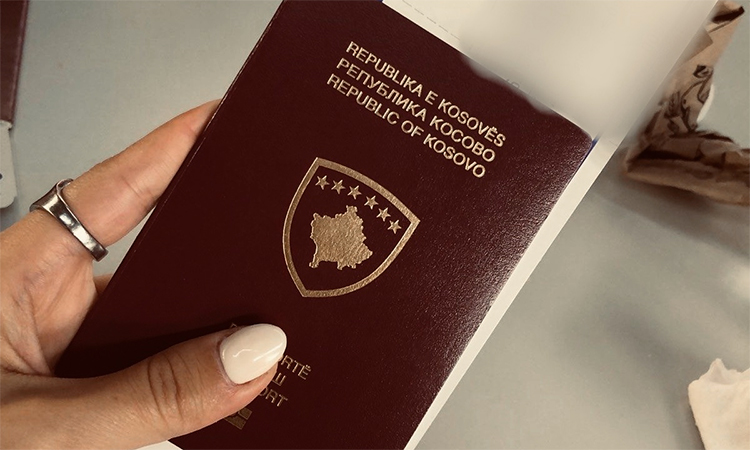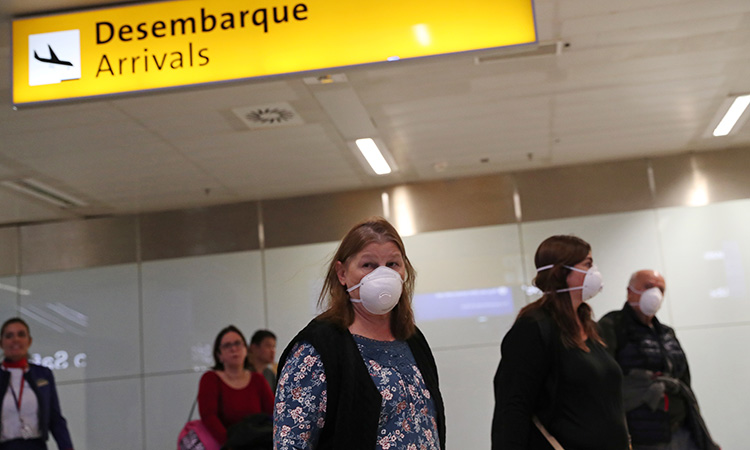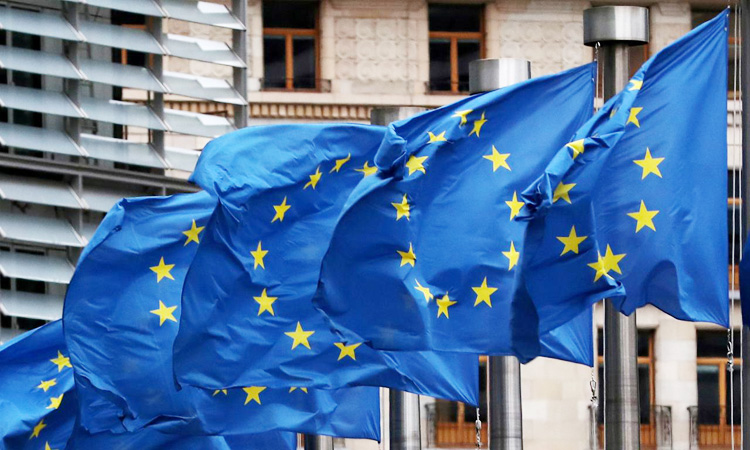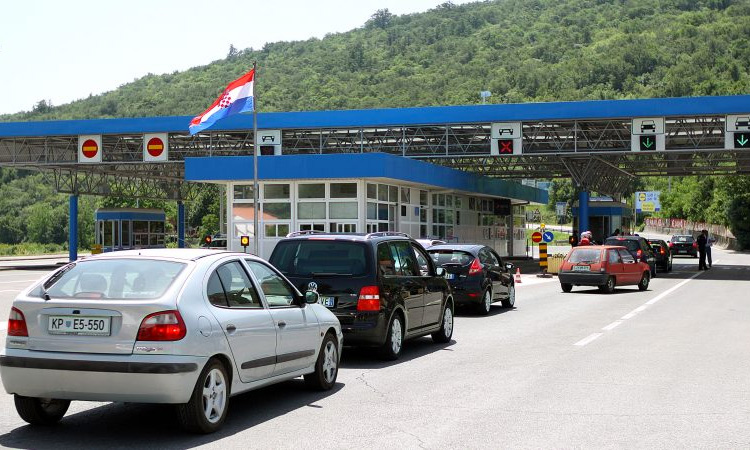Kosovars can now travel to Europe without visas

A Kosovo woman holds her passport at the Pristina's International Airport. AFP
The jubilation of those travelling to Europe is unmistakable. Habib Spahiu, who was travelling to Vienna on a two-day trip, exulted: “I do feel as free as a bird now that I can travel all over (Europe).”
Said a construction worker: “I am going to Germany for a few days just to see for a job and I will be back again to apply for a working visa.” The Kosovars want to play by the rules. The visa waiver does not mean freedom for Kosovars to travel to Europe for work. Kosovo is a candidate for EU membership. It is not yet a member. It has been on the waiting list as it were since 2018. Kosovo will gain entry into EU in the next round of expansion. There has been resistance from France and Netherlands for the visa waiver because of the perception that there would be a flood of Kosovar immigrants.
It is a fact that Kosovo is the poorest state in Europe, and the EU has also been grooming the state which had broken away from Serbia in 1999 and declared its independence in 2008. The European Special Representative, Common Security and Defence Policy Mission, and the European Union Rule of Law Mission in Kosovo are all coordinating with the Kosovar government in building up the institutions in Kosovo to be compatible with EU. Interestingly, Kosovo is not yet a member of the United Nations though it is recognised by 110 states. It is Serbia, Russia and China who are opposed to Kosovo’s membership in the UN.
Kosovo had a painful breakaway from Serbia because of the attempted ethnic cleansing by the then Serbian President Slobodan Milosevic in 1999 which necessitated NATO’s bombing of the Serbian capital Belgrade. As Kosovars fled the province to escape Serbian onslaught into neighbouring Albania, the United Arab Emirates (UAE) had set up a huge camp for the Kosovar refugees at the time. It has been an uphill struggle for the Kosovars since then though the United States and other NATO members have been supportive of Kosovo. But Europe has had reservations about Kosovo and it has been working meticulously with the new state to make compatible with the EU standards of democracy, rule of law and human rights.
Meanwhile, trouble continues to seethe in Kosovo because of the small enclave of Serbians, who demand autonomy and even special rights and relations with Belgrade. And the Serbian government is only too ready to intervene on the behalf of the Serbians in Kosovo. This makes for a troublesome situation.
Kosovo, with its 1.8 million population, could easily meld into the European Union and even if many of the Kosovars desire to go to other parts of Europe in search of jobs, it should not cause too much concern. There would be no disruption in the economic sense nor in terms of culture. Majority of Kosovars, like neighbouring Albania, are Muslims, but they have a lot more in common with Europe because of geographical proximity. The integration would be an easier process. The issue of reconciliation with Serbia remains high because as neighbours they cannot remain at loggerheads for too long.







